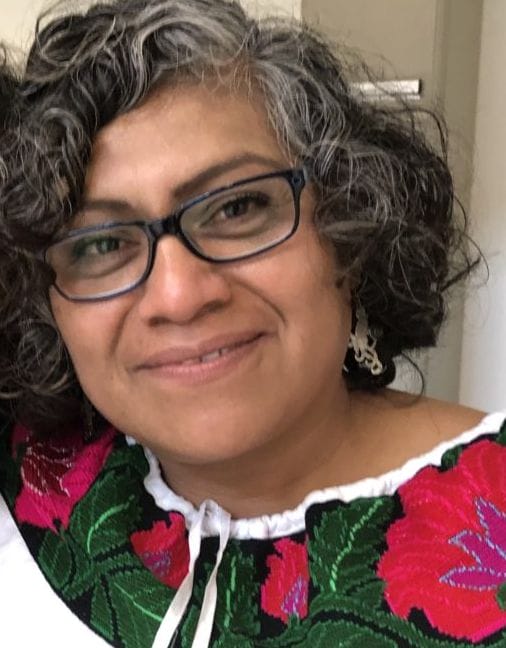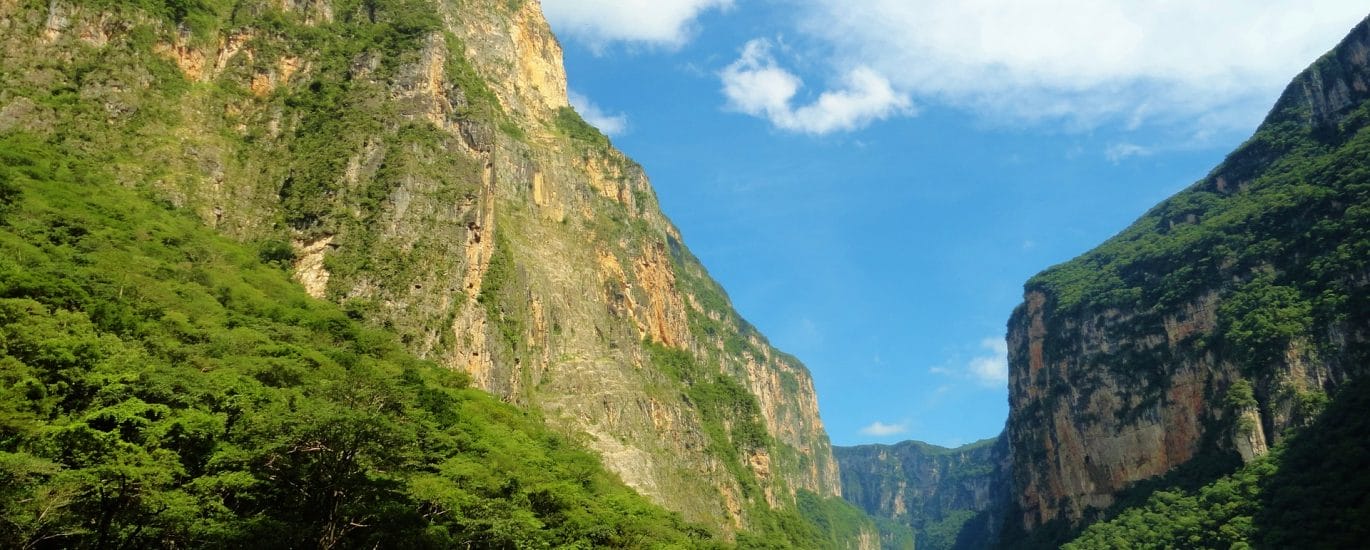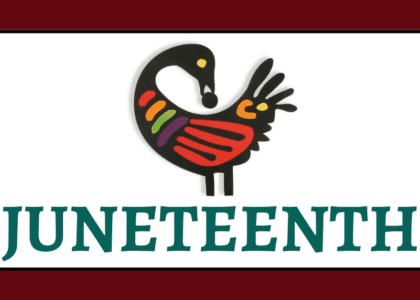By Dalia Juárez Fernández
Translated into English by Stan Hastey
To share sentiments and words for the Alliance of Baptists’ newsletter truthfully makes me feel embraced and accompanied in these complicated times. For that reason, a thorough review of my journey among the indigenous Mayan peoples in the south of Mexico makes me think and meditate on the great importance we should give to the social, cultural, political and religious contexts of each place. To travel among the indigenous peoples of the Chiapas highlands, the mountains in the north, and the forest brings to memory wise words of a great Tzeltal indigenous friend and brother: “Dare come to my indigenous community, eat with us, observe and listen as we ourselves tell you who we are, how we think and see life.”
Not only have I read in books and essays who these indigenous peoples of Mexico are, I am also one of them, as the indigenous blood of the Náhuatl culture courses through my veins. Thus to live and walk along the paths of indigenous peoples has impacted me by making me recognize and realize that in spite of the fact that Chiapas is one of the states in Mexico with a major presence of living indigenous cultures—as noted in a documented study published in April of this year, the indigenous population of 957,255 represents 26 percent of the total population, and indigenous languages are predominant in the state (Tsotsil with 36 percent, Tzeltal with 34.4 percent, and Chol with 17.4 percent)—its people continue to be subjected to political and governmental injustice.
The government’s development plan, in turn, not only has brought dispossession and destruction to indigenous territories, but also has financed the fortification of Chiapas and militarization by the national guard in such a way that free determination, autonomy, environmental governance, and transparency in decision-making by indigenous peoples over their land and territories do not exist. The measures taken by the Mexican government are concerning, given that they have activated groups of paramilitary courts which by force have implemented displacements, disappearances and assassinations within the indigenous communities. These living heirs of Mayan culture long for Lekil Kuxlejal, an abundant life as persons and peoples, a life to reconcile their relationships—spiritually and physically—with history, community and the land. Nevertheless over the course of time, once and again, such longing has resulted in failure in the face of the cultural violence that deforms the indigenous to the Western, as well as to structural violence that excludes them from good health, education and the economy—and all this in addition to the violence of a low-level, prolonged war that assaults any who dare resist.
In such a difficult and defiant context as the world is going through, like that of the indigenous communities, all of humanity should commit itself to consider how to begin to be in relationship with neighbors as well as with nature. For the indigenous peoples of Chiapas, relationships are not limited to the human but go hand in hand with the cosmos. To this end I consider it necessary that we replant our relationships and the very ways we live life itself, as the intervention of human beings with nature has brought with it severe impacts and modifications, to the extent it seems the earth is foreign to us, and this simply because we have been taught and have learned to look at nature in a solitary manner to be manipulated and submitted to our own interests for the simple fact that we are thinking beings. Based on this, I would invite us to consider other means of relationship with humanity and the cosmos (our common home). The concept that the indigenous Tzetsal peoples have about the Lekil Kuxlejal, (translated as “the good life” or “to live well”) makes sense in this time because their ethic is sustained by principles that reestablish equilibrium, harmonious relationships with humanity and the cosmos, and by respect as one of the fundamental values to live in harmony in a communitarian, collective manner.
Reflecting on the Gospels, specifically on John 10:10, Jesus says, “The thief comes only to steal and kill and destroy. I came that they may have life, and have it abundantly.” From indigenous realities and contexts, the text calls us to continue looking together with women, men and children for the true Lekil Kuxlejal, the abundant life, which is not only for humanity but for the whole cosmos, as understood by indigenous communities. With them, we live with the firm hope, as stated in Romans 8:21, “that the creation itself will be set free from its bondage to decay and will obtain the freedom of the glory of the children of God.” Thus we are to rethink our way of living so as to be in relationship with those near us, with our neighbors, and with Mother Earth. We have in our own hands the marvelous opportunity to struggle, not to give up in defeat, to redo our thinking and manner of living with much creativity and respect—but above all and always, with hope.
To eradicate borders and free ourselves from ideological, political, social and religious burdens is not simple. Yet when the conscience is awakened within collective and individual struggles, the well-being of all is considered. Then the air, rivers, mountains, forest, animals, the earth and humans live without violence instead of with massacres, ransacking and war. Just the same, we know that some people, institutions and organizations maintain that war and genocide are inevitable in order to reach Lekil Kuxlejal. We, by contrast, are able to demonstrate that it is the duty of men and women to struggle against all that threatens life. In that sense, we must not lose the vision that humanity still possesses the seeds of unity, fraternity, love and caring.
We know very well those who are responsible for systematic violations, disappearances, traumas, tortures, the contamination of our rivers and water, the jailing of our brothers who seek justice, the dispossession of our land and territories. What is essential in the face of all this is that the inextinguishable search of our ancestors for justice, liberty and Lekil Kuxlejal is unfinished and that we wish to share it not only with indigenous communities but with all human beings. Thus we struggle together to ensure the good life, life in abundance, for all.

The Rev. Dalia Juárez Fernández, M.A., is an ecumenically committed Baptist pastor and an indigenous theologian. She is Coordinator of the Indigenous Community of Women Theologians of Abya Yala (COSTIAY). She has the privilege (in her words) to be the first indigenous Náhuatl woman in Mexico ordained as a Baptist pastor. She has a bachelor’s degree in Indigenous Pastoral Studies from the Baptist Seminary of Mexico. She also holds a master’s degree in Latino/a Ministries from Palmer Theological Seminary in the U.S. She functions as the General Coordinator of the Mayense Intercultural Seminary in San Cristóbal de las Casas, Chiapas, Mexico. Her passion as a teacher includes biblical and theological studies, pastoral counseling, interculturality, indigenous realities, ecumenism, gender, human rights (especially for indigenous peoples), spirituality and peacemaking.




Recent Comments